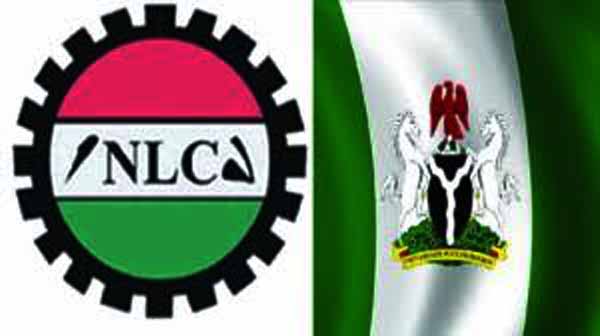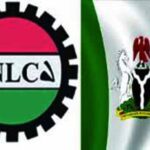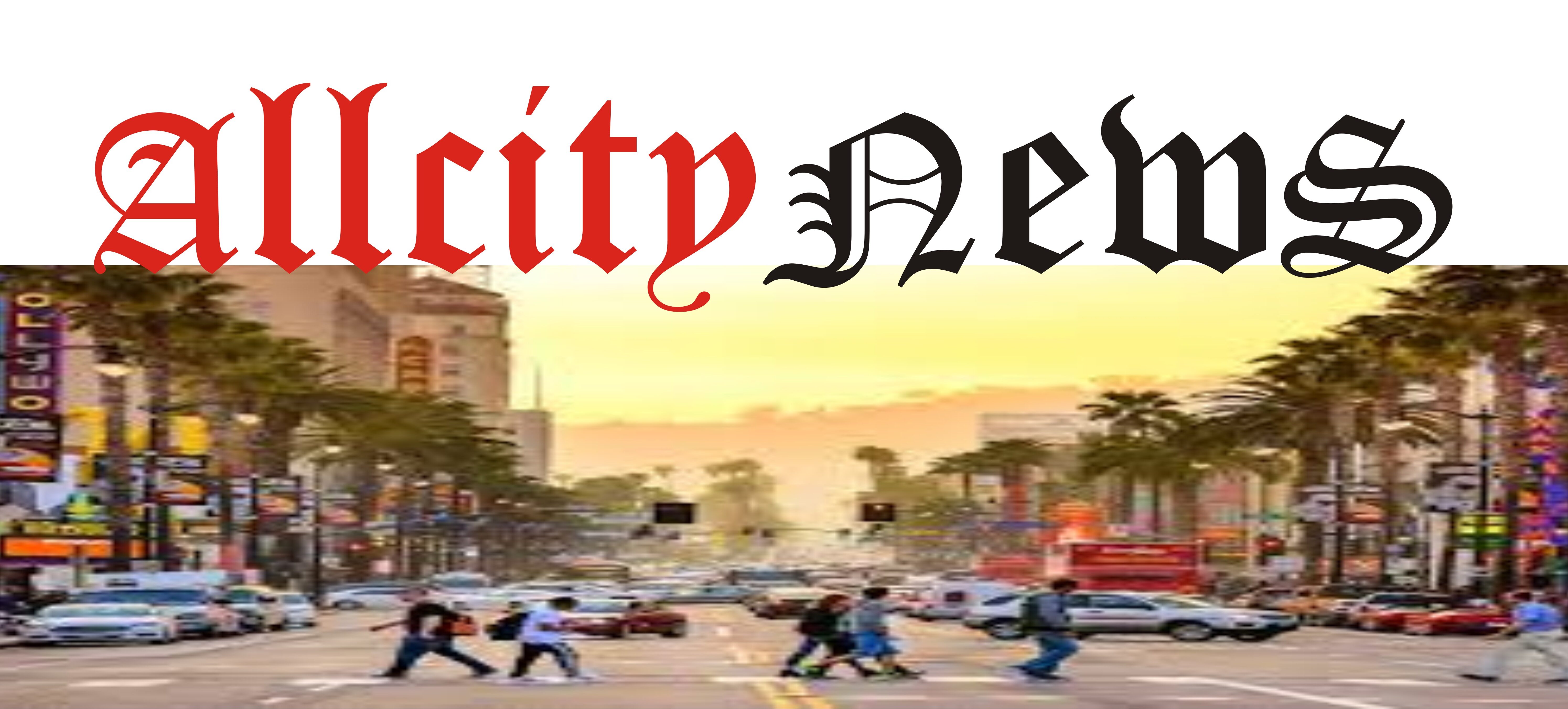
By allcitynews.ng
When organised labour kicked against planned increment of fuel price, it was a reminder of Professor at Columbia University, Joseph Stiglitz, that development is about transformation of people not only transformation of economy.

Announcing the readiness for day of protest, 27th January 2022, he reiterated that the protest would end with submission of protest letters to the 36 state governors.
The union cited that Nigerians have suffered enough, will not endure more punishment by way of further petrol and electricity price increases as some of the reasons for the rejection.
Irked by the neglect of improvement of lives of the people at the expense of the economy, the President, Nigeria Labour Congress (NLC), Comrade Ayuba Wabba has expressed displeasure of the union over planned impoverishing of lives of human beings by government and its representatives.
As such, the union insisting of rejection of the new price of fuel by government and its agents, warned unless the increase is set aside, Nigerian workers would paralyse business activities come 26 January 2022.
Citing protection of interest of the masses as the reasons why labour would not give its support for the new price regime, Wabba reminded government that it would be more better and beneficial both to government and the citizenry by reviving the four refineries and set up additional ones than continued dependence on imported petroleum products.
“Our argument has been that there is a limit to the imposition of hardship and suffering on the fragile shoulders of the Nigerian people.
“It is gratifying that amidst the deteriorating conditions of living, organised labour was able to rise up to ensure that the masses of our people were not completely run over by market forces enabled by the anti-people policies of government and at the whims of shylock capitalists.”
Still, the government is not relenting in its determination to push through further increases in the pump price of petrol and which as usual had been dubbed as “removal of petrol subsidy”. Well, organised labour has made its position clear on this matter.
“We have told government in very clear terms that Nigerians have suffered enough and will not endure more punishment by way of further petrol and electricity price increases.
Our position in this regard is predicated on four major grounds. First is our concern on the deceit and duplicity associated with the politics of “petrol price increase” by successive Nigerian governments.
The truth is that the perennial increase by government of the pump price of petrol is actually a transfer of government failure and inability to effectively govern the country.
We are talking of the failure of government to manage Nigeria’s four oil refineries and inability to build new ones more than thirty years after the last petrochemical refinery in Port Harcourt was commissioned; the failure to rein in smuggling; and the failure to determine empirically the quantity of petrol consumed in Nigeria.
The shame takes a gory dimension with the fact that Nigeria is the only OPEC country that cannot refine her own crude oil.
Nigeria, only OPEC country not able to refine own crude oil.
During the negotiations that trailed the last increase in petroleum prices, organised labour made a cardinal demand on government which is that it must take immediate steps to revamp and rehabilitate Nigeria’s refineries. A Technical Committee was set up to monitor progress in this regard.
As we all know, the work of the Technical Committee like our abandoned public refineries has ground to a halt and further negotiations with government adjourned sine die for nearly one year now. As a responsible social partner, we have at different times called on government to show us what they are doing in response to our demands but silence is the response we get.
All we hear from government are half-hearted media pronouncements on efforts to allocate funds for the rehabilitation of our public refineries.
On ground, there is no commensurate action. Between 2012 and now, about $9.5 billion has been spent on Turn Around Maintenance (TAM), Greenfield Refinery Projects and even public investments in private refineries.
The tragedy is that despite these humungous investments of public funds, government continues to present the crisis of mass importation of refined petroleum products into Nigeria and the consequent import-based pricing regime of refined petroleum products as a fait accompli.
This neo-colonial narrative in Nigeria petroleum sub-sector is what the Nigerian working-class family has rejected as unfathomable and unacceptable as it is antithetical to the notions of sovereignty and self-actualization and a mockery of the sacrifice of our heroes past.
Even in the classic example of capitalism, there is something called the theory of comparative advantage where a country deploys its strategic assets to secure the highest possible positive outcomes for its citizens.
Unfortunately, successive governments in Nigeria have failed to take strategic advantage of our natural endowment in oil and gas especially our prime position as the highest producer of crude oil in Africa to expand our economy, induce economic growth and engender sustainable national development.
Today, instead of referring to crude oil as the blessing that it is, we now commonly describe this gift of God to Nigeria as “Resource Curse”.
The quagmire of the Dutch Disease or Resource Curse in our country is most exemplified in our downstream petroleum sub-sector.

The despair of our unfortunate Catch 22 situation is that government increases the pump price of petroleum products when the price of crude oil increases and falls in the international commodities market.
The explanation is that such increases automatically translate to increases in the price of refined petroleum products. When the price of crude oil falls, the excuse is that the enormous pressure on the value of the Nigerian Naira occasioned by drop in forex revenue exacerbates the crisis of Naira devaluation and causes hike in petrol price.
Even to the blind, the solution is clear – Nigeria must regain her capacity to locally refine petroleum products. There is no escaping the fact that our public refineries must be made to work. There is no short cut to the reality that we must replace the exploitative and subservient policy of import-based price regime with local production based price regime for refined petroleum products.
It is unbelievable that 70 years of oil exploration in Nigeria, our country cannot deliver on efficient and effective public petroleum refineries.
Nothing dents the image of Nigeria and presents us as a country incapable of providing governance as the failed narratives in our downstream petroleum sub-sector.
The truth is that with self sufficiency in oil refining, Nigeria will be able to meet not only demand for local consumption but also will be in a grand position to cater for the refined petroleum needs of the sub region and the African continent as a whole.

Another ground for rejecting any further increase in the pump price of petrol is based on our agreement with government in September 2020 that any further increase in the price of petrol should be shelved until government and labour undertakes a review of the state of local refineries in Nigeria and until government takes commensurate action to revamp our public petroleum refineries.
It is in these lights that we consider the current proposals by government at the clear promoting of Bretton Woods Institutions to increase the pump price of petrol as anti-people, insensitive and a disservice to the welfare of Nigerian people which government is constitutionally mandated to protect.













More Stories
Iron Rod & Steel Distributors Employers Union, indicts SON over substandard products
Amidst hardship, unemployment, National Association of Herbal Medicine Employer (NAHME) creates 1500 direct jobs
Nigerian workers have right to report employers over default of CPS payment-PenCom